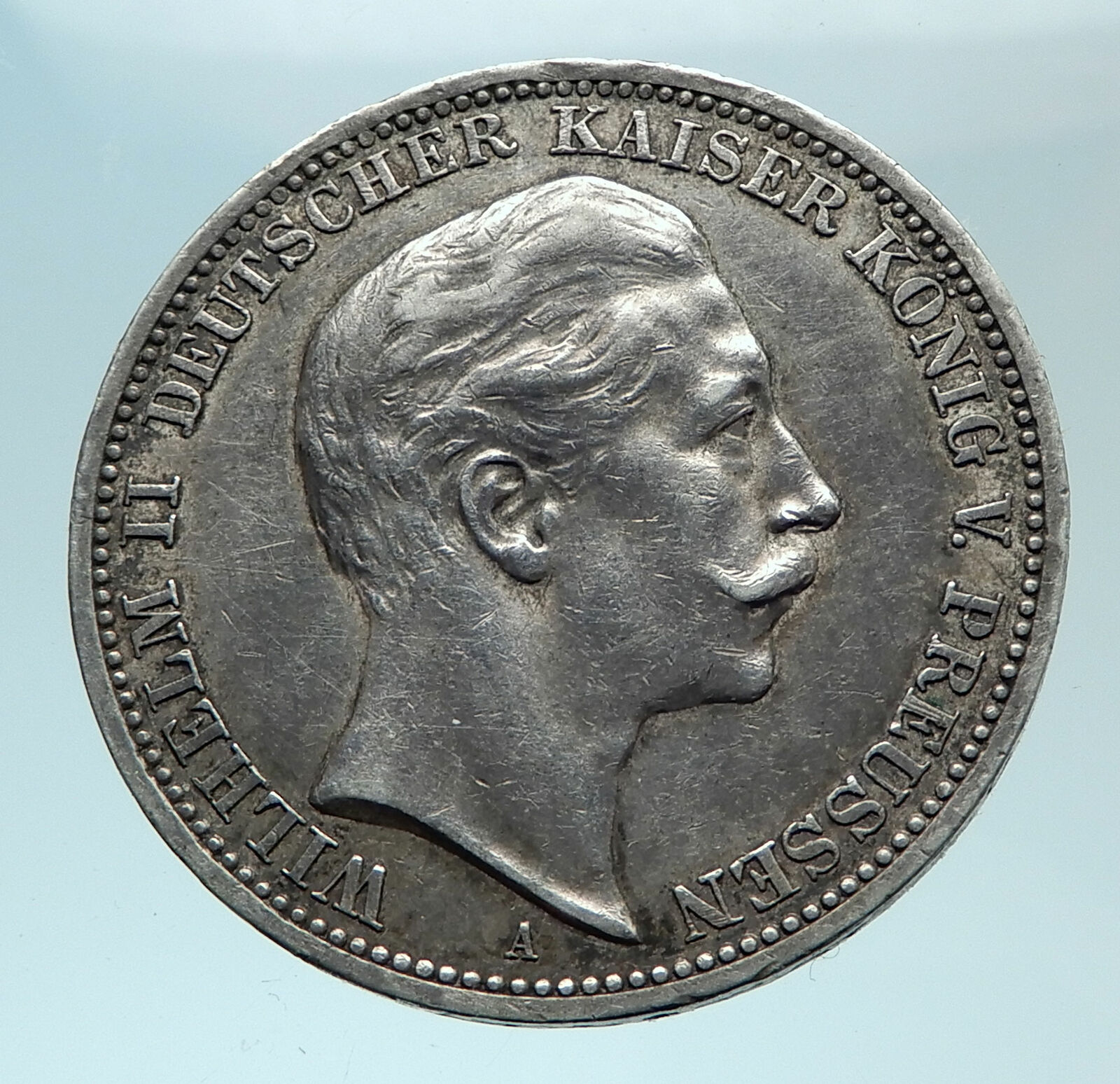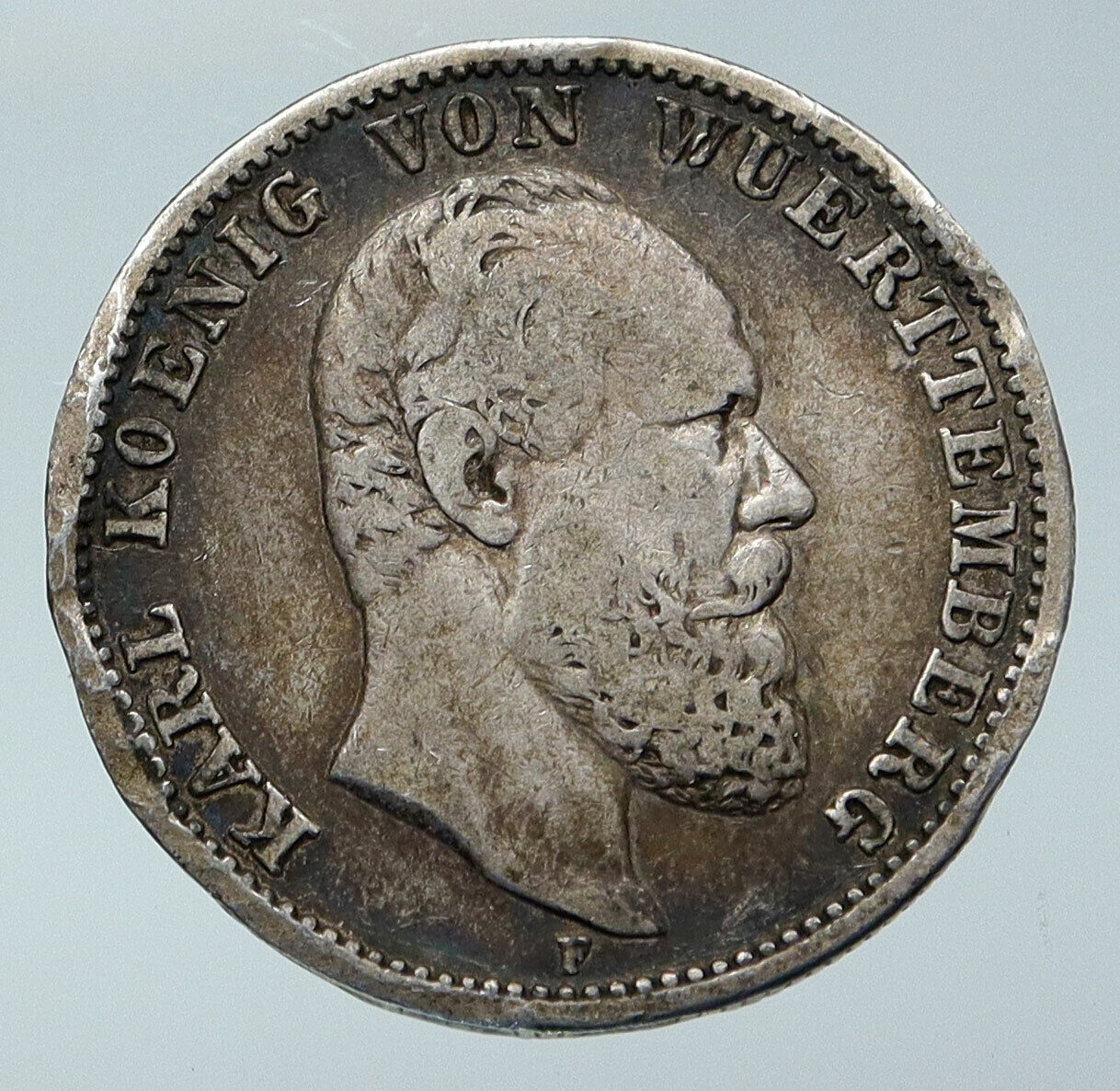|
Germany – German States – Duchy of Pfalz-Birkenfeld-Zweibrücken
Christian IV
1765 M Silver 20 Kreuzer 28mm
Reference: KM# 38
Certification: NGC VF 30 2863148-003
CHRISTIAN IV D G C P R BAV DUX, Christian facing right within palm and laurel branches.
60 AUF EINE MARC FEIN 20 17 M, Crowned lion Coat-of-Arms atop pedestal with value.
You are bidding on the exact item pictured, provided with a Certificate of Authenticity and Lifetime Guarantee of Authenticity.
 Christian IV, Count Palatine of Zweibrücken-Birkenfeld (6 September 1722 in Bischweiler – 5 November 1775 in Herschweiler-Pettersheim) was Duke of Zweibrücken from 1735 to 1775. Christian IV, Count Palatine of Zweibrücken-Birkenfeld (6 September 1722 in Bischweiler – 5 November 1775 in Herschweiler-Pettersheim) was Duke of Zweibrücken from 1735 to 1775.
Christian IV was born in Bischweiler on 6 September 1722, the son of Christian III, Count Palatine of Zweibrücken and Caroline of Nassau-Saarbrücken.
In 1751 he married, morganatically, Maria Johanna Camasse (1734–1807, created Countess Forbach in 1757). They had six children, who were unable to succeed to their father’s Duchy due to the morganatic nature of their parents’ marriage at first, but in 1792 were allowed to carry the name Freiherr von Zweibrücken:
- Christian, Count of Forbach, Marquis of Deux-Ponts (1752–1817), Royal Bavarian General der Infanterie
- Philippe Guillaume (later renamed to Wilhelm), Count of Forbach, Viscount of Deux-Ponts (1754–1807)
- Maria Anna Caroline von Zweibrücken (1756–1806)
- Karl Ludwig, Baron of Zweybrücken (1759–63)
- Elisabeth Auguste Friederike von Zweibrücken (1766–1836)
- Julius August Maximilian, Baron of Zweybrücken (1771–73)
His grandson Christian Freiherr von Zweibrücken (1782–1859, son of Philipp Guillaume) was a Royal Bavarian General der Kavallerie and Generalkapitän of the Hartschiere.
Palatinate-Birkenfeld-Zweibrücken was a state of the Holy Roman Empire based around the Duchy of Zweibrücken in modern Rhineland-Palatinate, Germany.
Palatinate-Birkenfeld-Zweibrücken was created in 1731 when Christian III of Palatinate-Zweibrücken-Birkenfeld inherited the Duchy of Zweibrücken. Christian soon died in 1735 and was succeeded by his son Christian IV. Christian IV began his reign obtaining politically favourable conditions for his state, and in this end he formed a close relationship with the court of France. Although he bankrupted the state through his alchemy, art collecting, construction work and a failed attempt to establish a porcelain industry in Zweibrücken, he was considered a good Duke, especially in comparison to his nephew Charles III who succeeded him in 1775.
Charles III began his reign as an absolutist ruler, and in the first two years he endeavoured to dismiss the court and restore the financial situation of the state. He greatly expanded the size of the household of the Duchy which quickly developed into a financial burden itself, further increasing his unpopularity. In 1778/9 the Potato War was fought on Charles’ behalf by Prussia and Saxony to prevent Charles Theodore, Duke of Bavaria, exchanging the Duchy of Bavaria for the Austrian Netherlands as Charles was the heir of Bavaria. When the French Revolution broke out he managed to obtain the neutrality of his state by the French, but in 1795 the French invaded and annexed Zweibrücken and Charles fled to Mannheim and later Heidelberg-Rohrbach. He was succeeded in title by his brother Maximilian Joseph in 1795. In 1797 Palatinate-Birkenfeld-Zweibrücken was formally ceded to France, although two years later Maximilian inherited Bavaria.
|









 Christian IV, Count Palatine of Zweibrücken-Birkenfeld (6 September 1722 in Bischweiler – 5 November 1775 in Herschweiler-Pettersheim) was Duke of Zweibrücken from 1735 to 1775.
Christian IV, Count Palatine of Zweibrücken-Birkenfeld (6 September 1722 in Bischweiler – 5 November 1775 in Herschweiler-Pettersheim) was Duke of Zweibrücken from 1735 to 1775.




